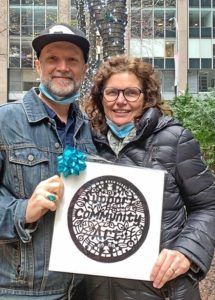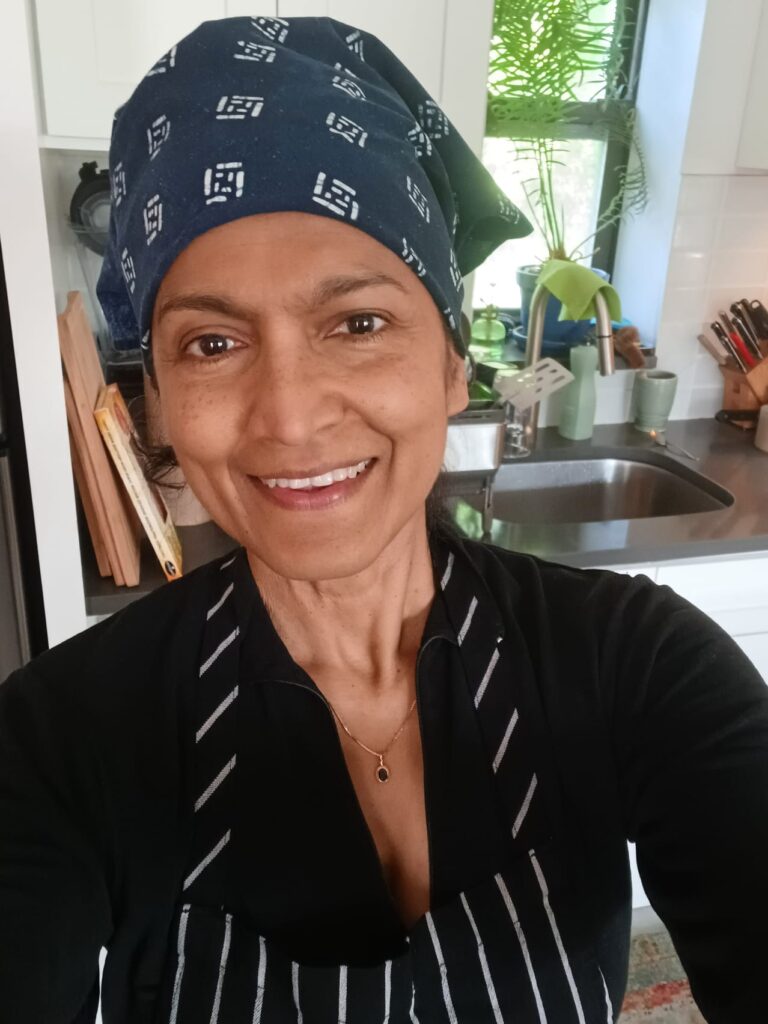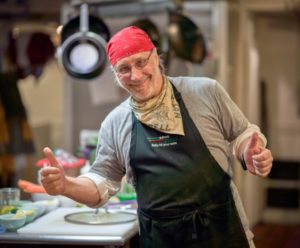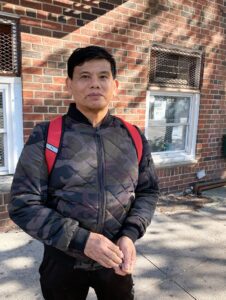WHAT IS PENINGTON FRIENDS HOUSE?
The Penington Friends House has been creating caring community in New York City since 1897. A multigenerational, collaborative, residence run by the Religious Society of Friends (Quakers) for Quakers and friendly people, it offers short term guest room accommodations, sublet, and long term residencies.
MISSION
Since the beginning, PFH has upheld its relatively simple purpose. In the words of an early charter, it aims to: “1) make a home-like place for Friends and those in sympathy with Friends; 2) to make a home-like headquarters for Friendly people, where strangers and visitors may find a temporary boarding place at reasonable cost; and 3) to furnish a place where Friends generally and Friendly people may meet as committees or individuals to confer or procure a meal.”
HISTORY
The Penington Friends House occupies one of five brownstones built in 1870 by the Stuyvesant family. Originally one of five single family residence built in a row along 15th Street, it was purchased by the Quakers in May of 1897. Until the 1980’s it maintained a white table cloth, formal dinner residency. In the 1980s, it became a collaborative living house in which residents share in chores and decision making. It is still a collaborative house with residents ranging from ages 20 to 80, and who are students, artists, non-profit workers, and more.
The house’s exterior and grand parlor have been well preserved. Resent renovations have restored much of its early splendor.
It is important to note that the Penington was started by Quaker women, several of which were abolitionists. Also, the Penington stands on land that was once Peter Stuyvesant’s farm and before that the ancestral home of the Lenape (Delware) people. Once called the Great Bouwerie, Styvesant’s farm extended from present day 5th Street to 17th Street, and from the East River to Fourth Avenue. The location of PFH is ironic because as Governor of New Netherlands from 1646-1664 Peter Stuyvesant tried energetically to keep Quakers out of the entire colony. Today, PFH neighbors the Friends Meetinghouse, Friends Seminary, and all the New York Yearly Meeting Offices. Other Quaker institutions were started in the immediate area including the Hopper House that supports women leaving prison and the Orphanage for Colored Children. At one time, the Penington was the only institution in the community that served meals to people of color.
During the COVID pandemic of 2020 to 2022, residents and staff banded together to keep the resident open and everyone healthy. They succeeded. They also started the Baryard Rustin Residency. Today, it is one of only two remaining friends houses in the United States.
WHO WAS ISAAC PENINGTON?
Isaac Penington (1616–1679), an important thinker and writer of his time, was influenced by the preaching of George Fox, and joined the Society of Friends during its early days in England. He was imprisoned many times during his life for his beliefs, including his refusal to take an oath of allegiance. His many writings are considered important works in early Quakerism. PFH was named after Isaac Penington by Phebe Anna Thorne, the last of the plain Friends who attended 15th Street Meeting. The “founding of a home for young people, especially young Friends who came to the city to work,” was one of her primary interests, to which she gave generously her time and money. Today, one of your two guest rooms is named after her.
OUR LAND ACKNOWLEDGEMNT
“The Penington Friends House resides on the unceded, ancestral homeland of the Lenape (Delaware) people. Contact with Europeans ultimately led to their forced displacement and genocide. We ask our community to acknowledge and honor the Lenape (Delaware) Nations, past, present and future, through our words and actions.”
OUR STAFF
OUR STRATEGIC PLAN
FHA strategic plan – final for FHA board (1)
OUR BOARD OF DIRECTORS
Mark Zumwalt, Clerk of Board
Elizabeth Bailey
Sasha Chavchavadze
Patty Frascatore
Joe Gosler
Robin Puska
Richardo Smith-Hoffman






